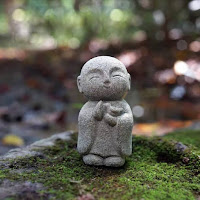“The claw is our master. The claw chooses who will go and who will stay.”
“I have been chosen! Farewell, my
friends. I go on to a better place.”
Spoken by alien shaped toys in a claw
machine, from the 1995 film, Toy Story
There was an interesting story from Hong Kong this week. Regulators there have promised to introduce tighter regulations on the use of claw machines, after growing customer complaints were received.
Claw machines are found in video game arcades, or indoor amusement spots for children. The machine contains a lot of prizes, and players have to pay money to get a chance to manipulate a claw above one of the prizes, and to try to grab it and drop it into a hole.
But with improved ability to programme the machines, have manufacturers been making things too difficult for customers to win? The claw can be programmed to deliberately loosen its grip as it approaches the hole, or only to let a customer win a prize after they had spent a lot of money.
One Hong Konger complained that he had spent more than the equivalent of 50 Pounds in 45 minutes, trying to catch the prize of a waffle maker. But the claw kept dropping it, and he left with only a few trinkets.
With everyone shopping on-line nowadays,
could shops tap into the demand for people to pick up products with a
claw? I am going to move to Hong Kong
and open up a shop selling waffle makers for 50 pounds. You can’t have it delivered to your door by
Amazon. You have to go to the store and
pick it out using a claw machine. But
there will be no nasty programming to make the task impossible, and everyone
will be a winner.
Vocabulary:
a trinket – a small ornament or item of
jewellery that is of little value
[eg., the souvenir stall sold trinkets such
as miniature models of Tokyo Tower.]



















